The 5 best Shopify SEO apps 2025
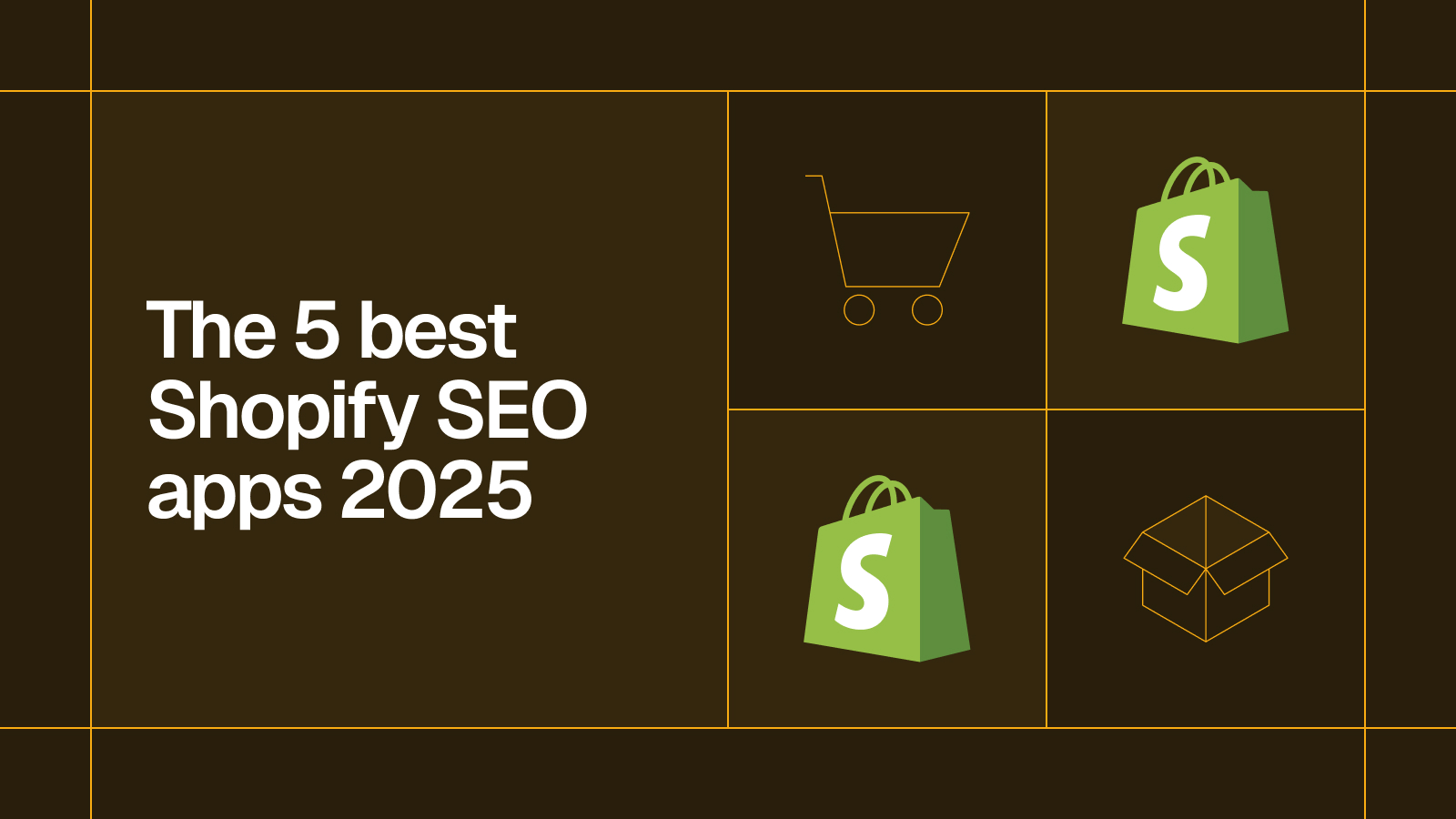
The 5 best Shopify SEO apps in 2025
5 Best Shopify SEO apps 2025
If you own an online store, you should optimize your store for SEO. Even if you run paid ads, or rely on word of mouth marketing (which isn’t enough anymore), or use social media, more than 50% of Shopify store traffic arrives via organic search.
I remember the time I opened my first Shopify store and I randomly got an international order from Switzerland, I looked at the conversion details and saw that the customer found me from Google Search.
SEO is important for Shopify merchants. But Shopify’s built-in tools such as sitemaps, SSL, and metadata editing only scratch the surface. As your store grows, you will need more control over structured data, mobile speed, and content optimization.
That is where Shopify SEO apps come in. They automate tedious work, patch platform gaps, and help you scale. Here’s my pick of the best Shopify SEO apps of 2025, what they do, why they stand out, and how to choose the right one for your store.
Tiny IMG
Tiny IMG optimizes images with compression and lazy loading, detects broken links, automatically sets up redirects, adds alt text and search-friendly filenames, and supports schema markup.
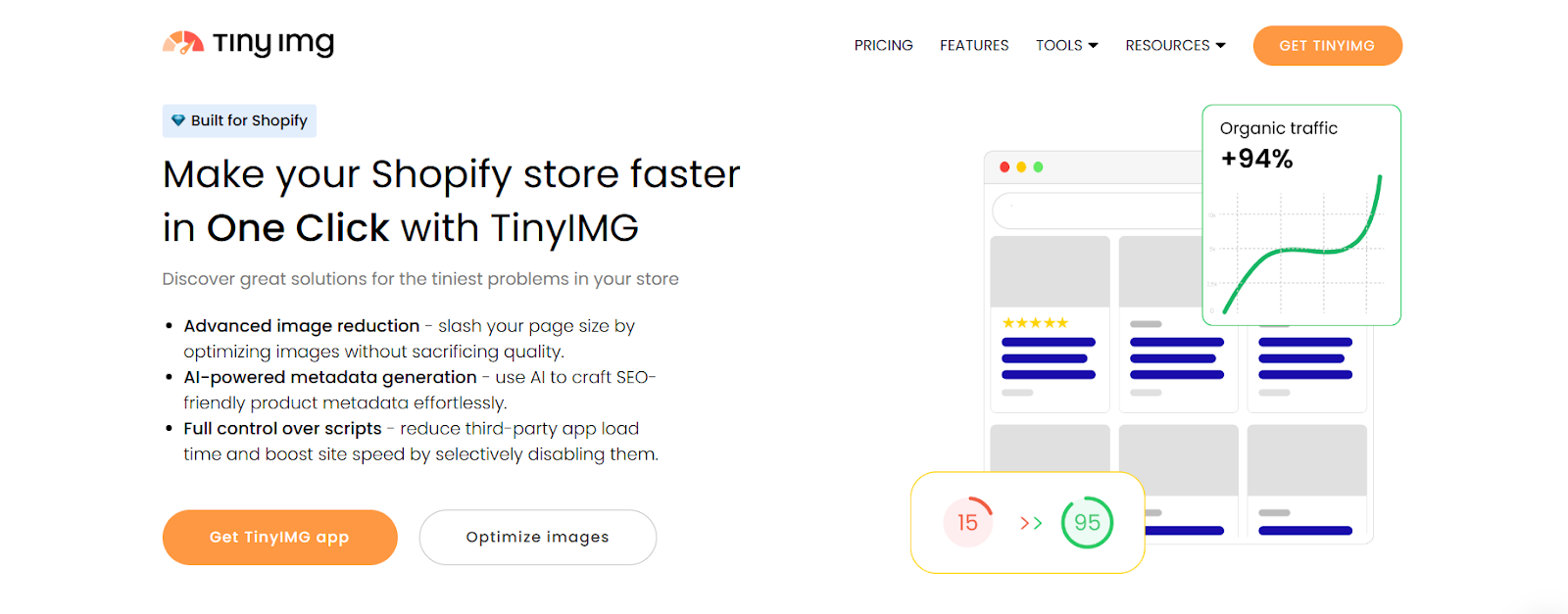
You might be wondering why an image resizing app is on this list of best Shopify SEO apps but large image files slow your site. Every second of load time can reduce conversions by up to 7%.
Tiny IMG handles speed, SEO compliance, and structured data in one package. Tiny IMG also offers batch optimization for entire image libraries, on-demand image resizing, and multilingual alt text support for stores selling in multiple regions.
Pros:
- All-in-one speed and SEO automation
- Alt text automation for accessibility and rankings
- No steep learning curve
Cons:
- Best results for small-to-medium product catalogs
Pricing: Free plan; Paid starts around $39.99/month
Search Atlas
Search Atlas adds schema markup across products, generates AI-powered product descriptions, manages category pages, handles internal linking, and automates technical SEO fixes.
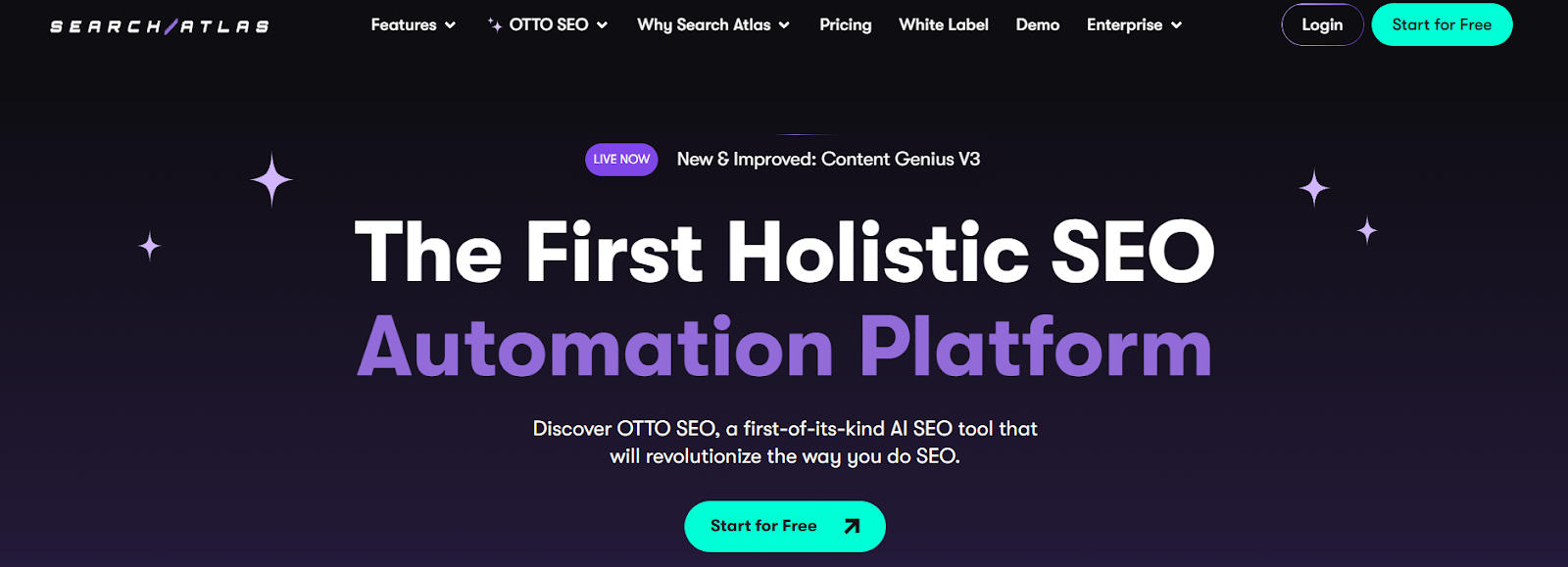
You can also track your competitor’s keyword, manage SERP tracking for thousands of products, and automated link-building outreach integration. Large catalogs often suffer from thin content and poor linking. This app scales optimization without manual edits.
Pros:
- Strong for enterprise-level stores
- Automates technical and content updates
Cons:
- Pricing is not always transparent
- Not suitable for small stores
Tely AI
Tely AI uses AI to create monthly content calendars, keyword maps, and metadata suggestions. Tely AI speeds up structured data implementation and technical audits.
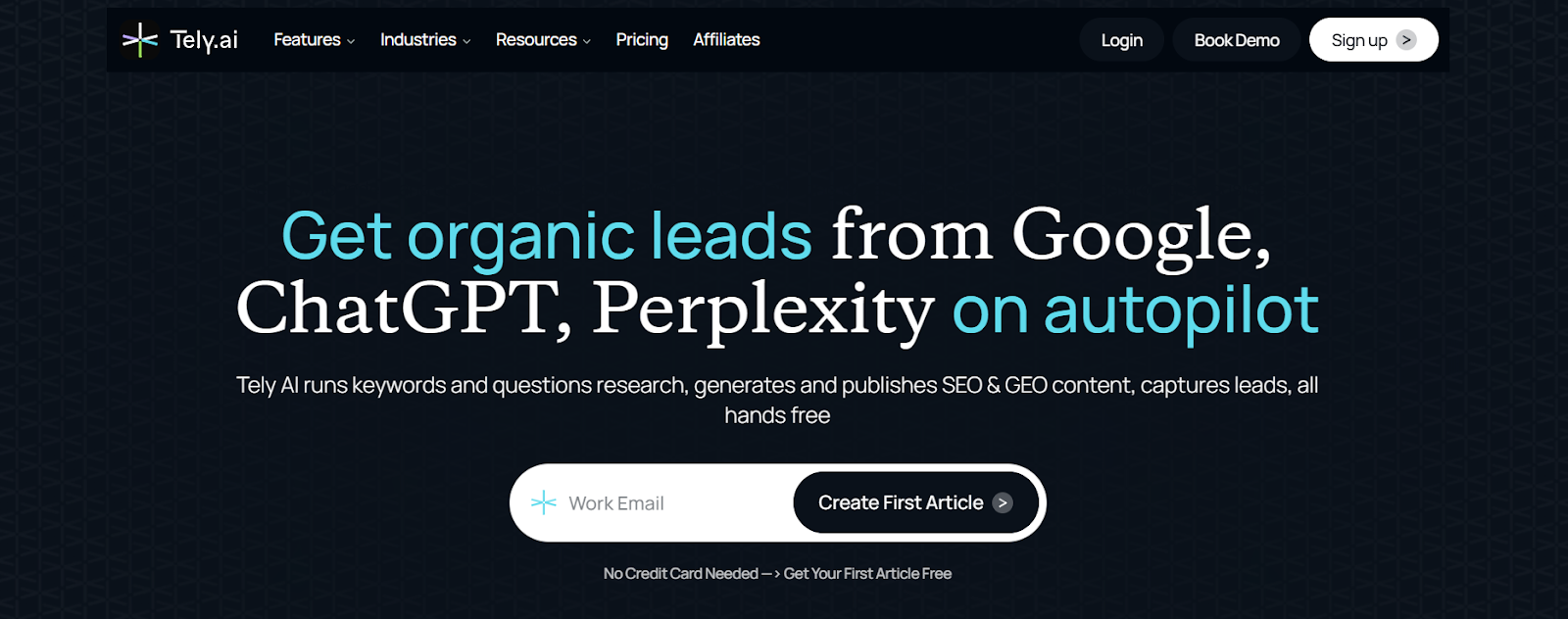
A Shopify merchant reported an increased traffic 50% and cut marketing costs 30%. With Tely, you can AI-driven blog outlines for Shopify blogs, seasonal keyword suggestions based on search trends, and integration with Google Search Console for real-time keyword data.
Pros:
- Great for content planning without a large SEO team
- Combines keyword research and AI copywriting
Cons:
- May need a human editor to review AI content
- Expensive, making it unsuitable for small stores
Pricing: $499 a month
SearchPie
SearchPie is focused on technical optimization and site performance. It handles structured data (schema markup), meta tags, alt text, broken link fixes, and site speed improvements. It also integrates with Google Analytics and Search Console for better insights.
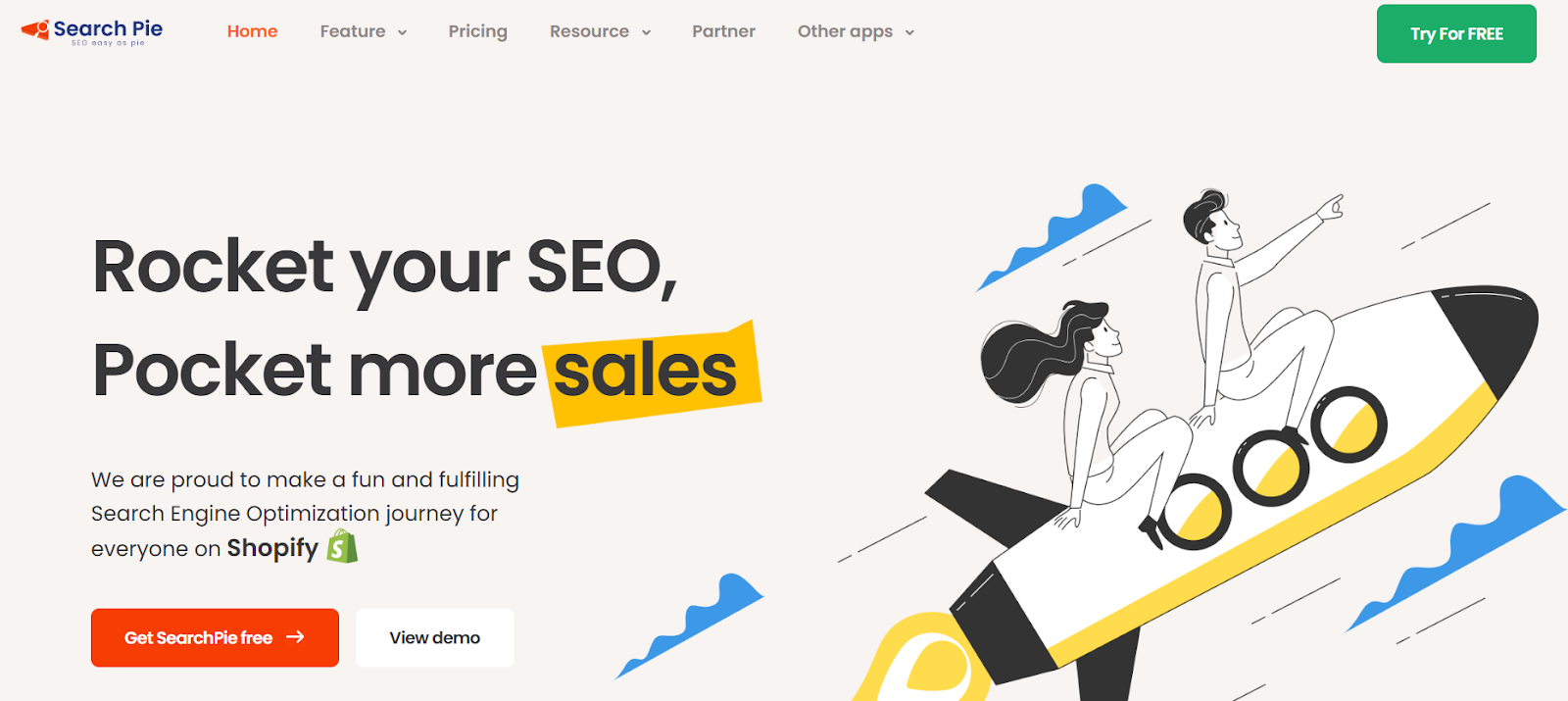
With SearchPie, you get auto-generated meta tags, rich snippets, and an image optimizer that resizes and compresses files for faster load times. It also strengthens crawlability, mobile usability, and structured data
Pros:
- Good for beginners who want a guided approach to keywords
- Simplifies metadata edits across large product catalogs
- Offers built-in analytics to track keyword performance
Cons:
- Lacks advanced technical SEO features like schema automation
- Keyword suggestions can be basic compared to AI-driven tools
Pricing: Plans starting from $19.99 a month
Sherpas: Smart SEO
Sherpas: Smart SEO automates time-consuming tasks like generating meta tags, alt tags, and structured data while also helping with technical fixes like broken links and site speed. With AI-powered support from ChatGPT, merchants can create product tags and descriptions that improve click-through rates.
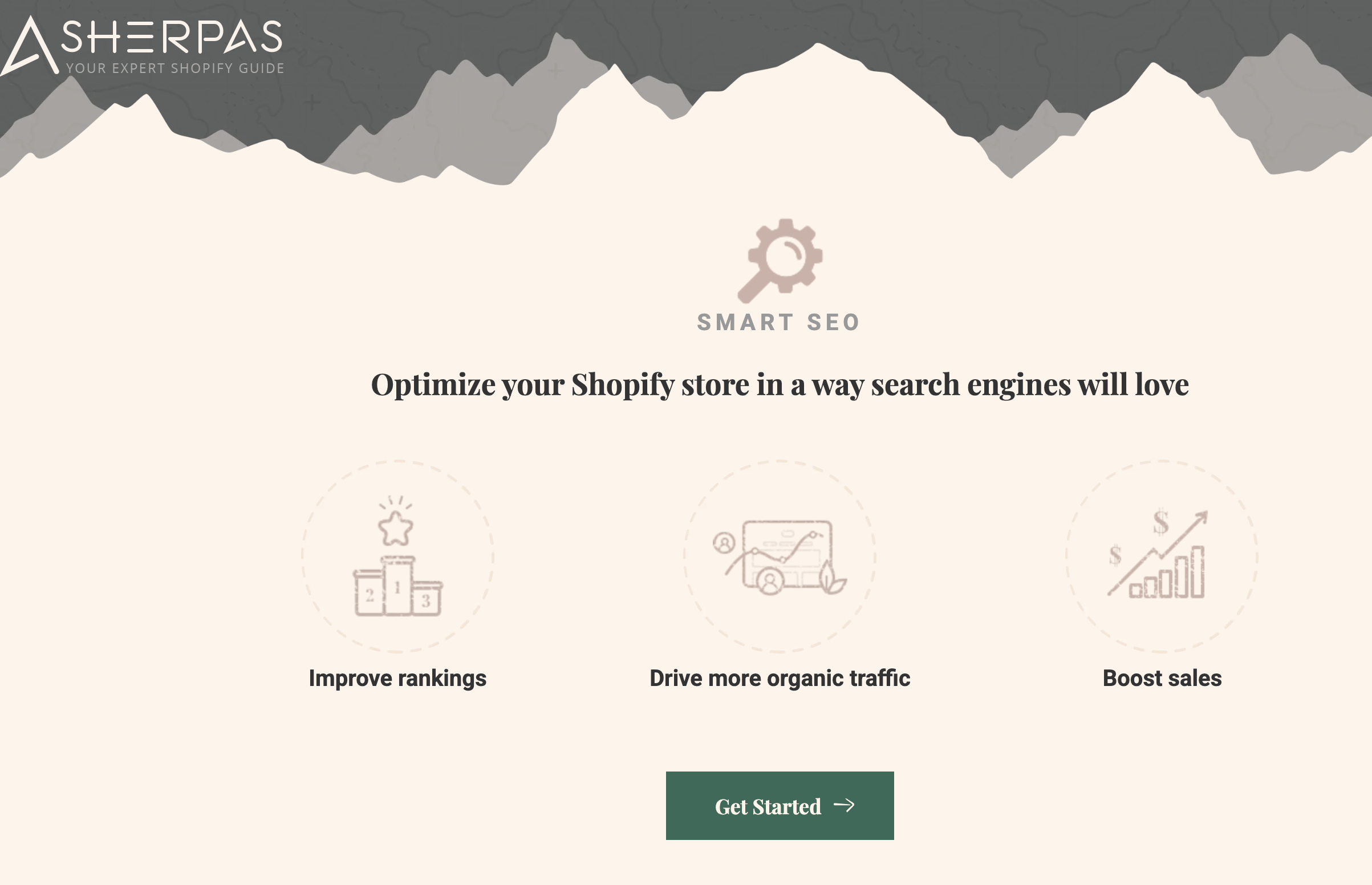
Sherpas ensures your store is equipped with JSON-LD structured data so Google can better understand your content. It also provides detailed backlink reports, making it easier to track link-building progress and improve off-page SEO.
Pros:
- JSON-LD structured data for better Google visibility
- Automated broken link detection and fixes
- Backlink reports for stronger off-page SEO strategy
Cons:
- Limited customization for advanced SEO professionals
- If you have multiple marketplaces or subfolders, you need to create meta fields outside the app for each region you sell in
Pricing: Plans starting from $9.99 a month
Take your Shopify SEO even further
The right SEO app saves you hours, fixes technical gaps, and keeps your store visible in search. No matter which app you choose, don’t stop at metadata and site speed.
Personally, I think every Shopify merchant should invest in a blog alongside whichever SEO app fits their needs. And since Shopify’s built-in blog is clunky, I recommend using Webflow as a headless CMS by syncing Notion to Webflow with Whalesync. That way, you get modern publishing tools, faster performance, and stronger SEO.
Subscribe for more
Stay up to date with the latest no-code data news, strategies, and insights sent straight to your inbox!
Thank you for subscribing!
Related posts
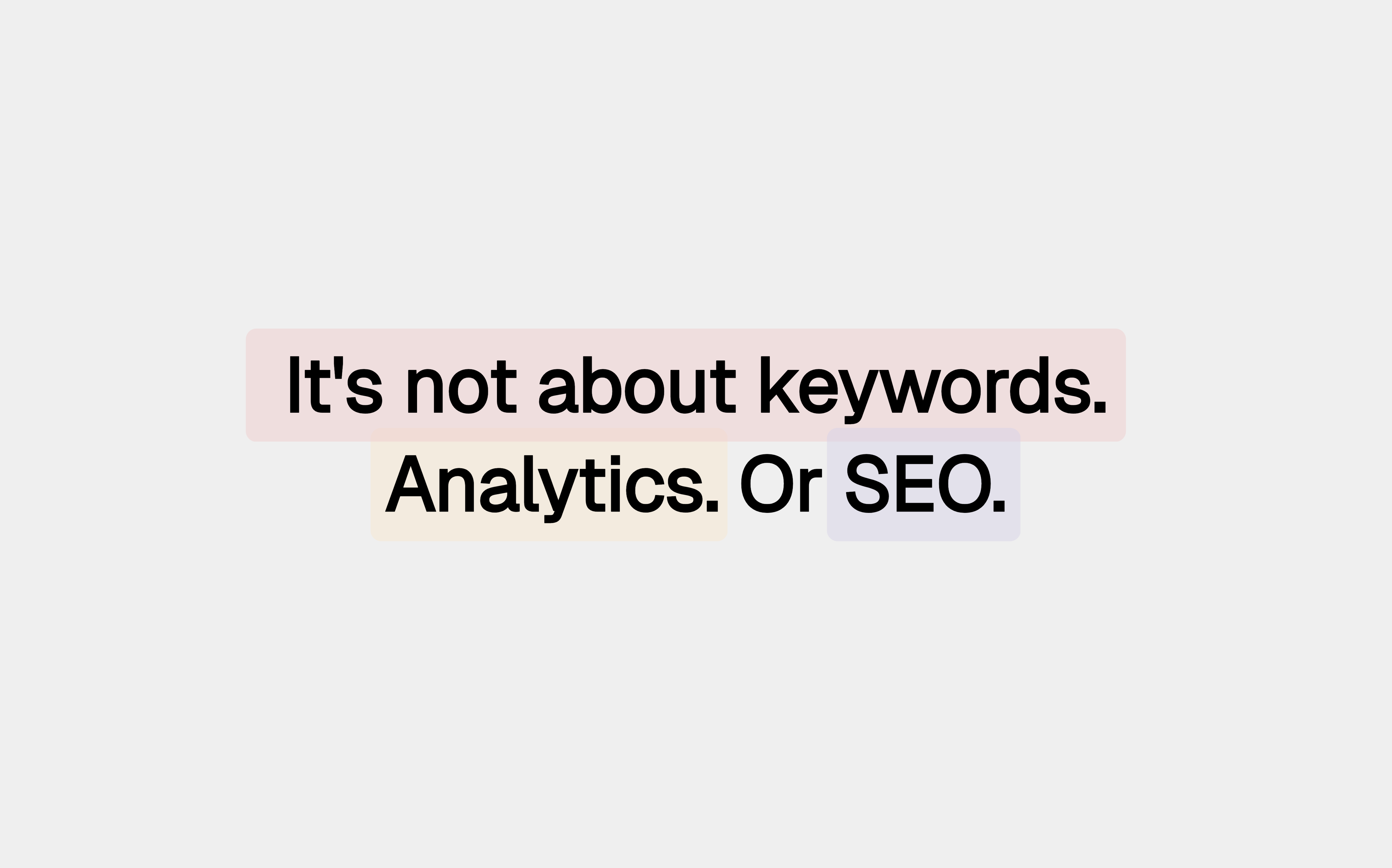


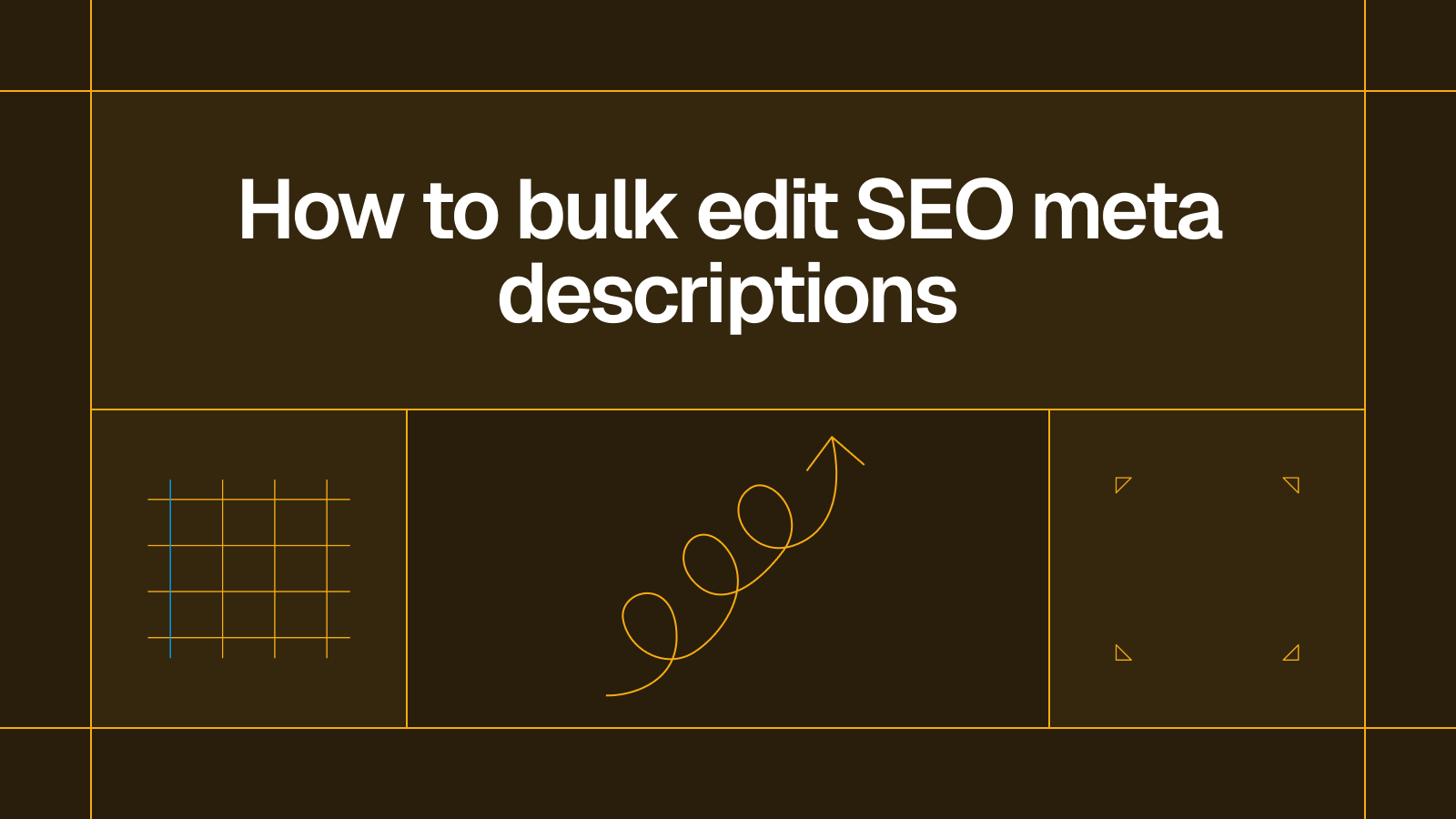

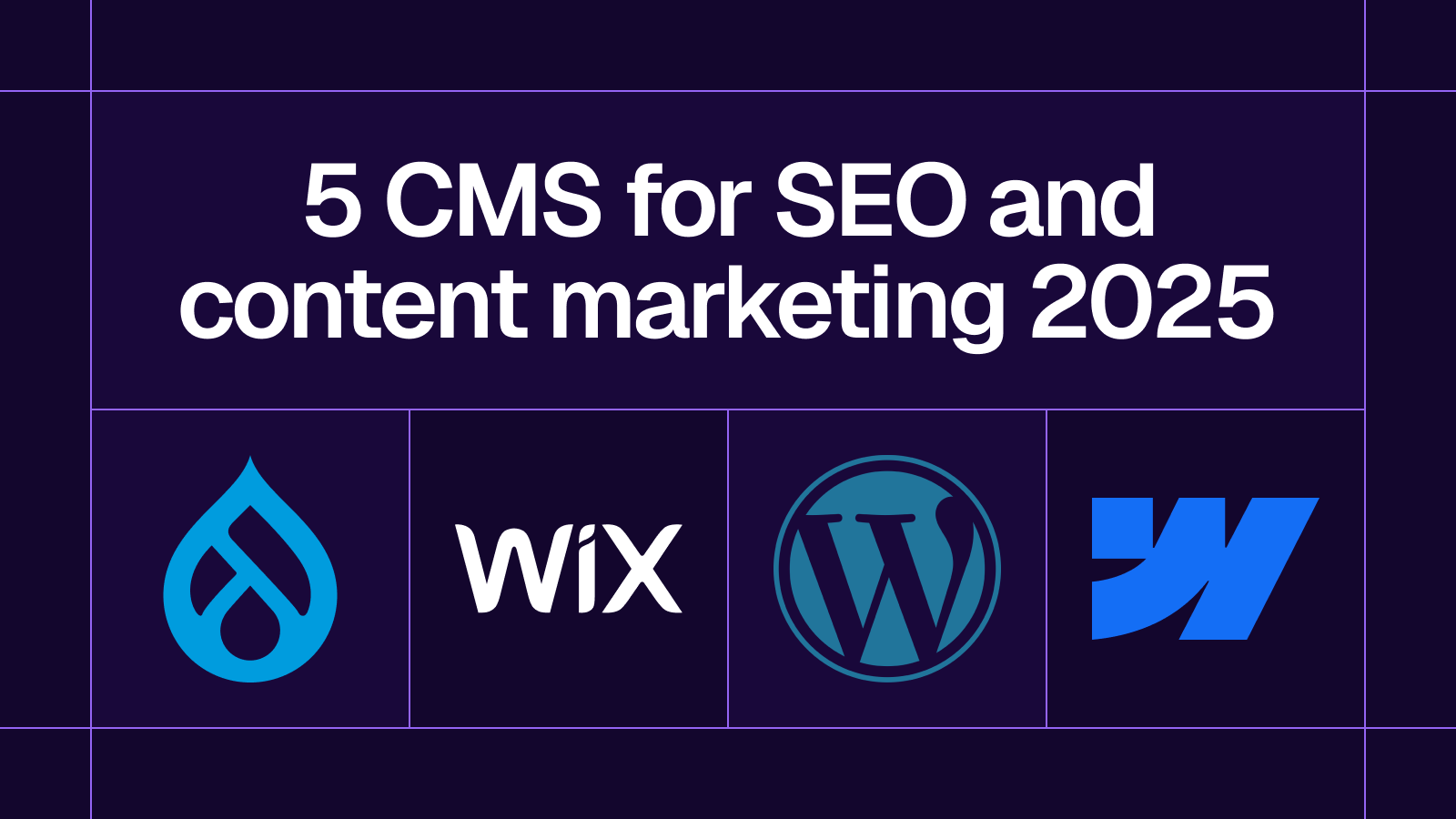
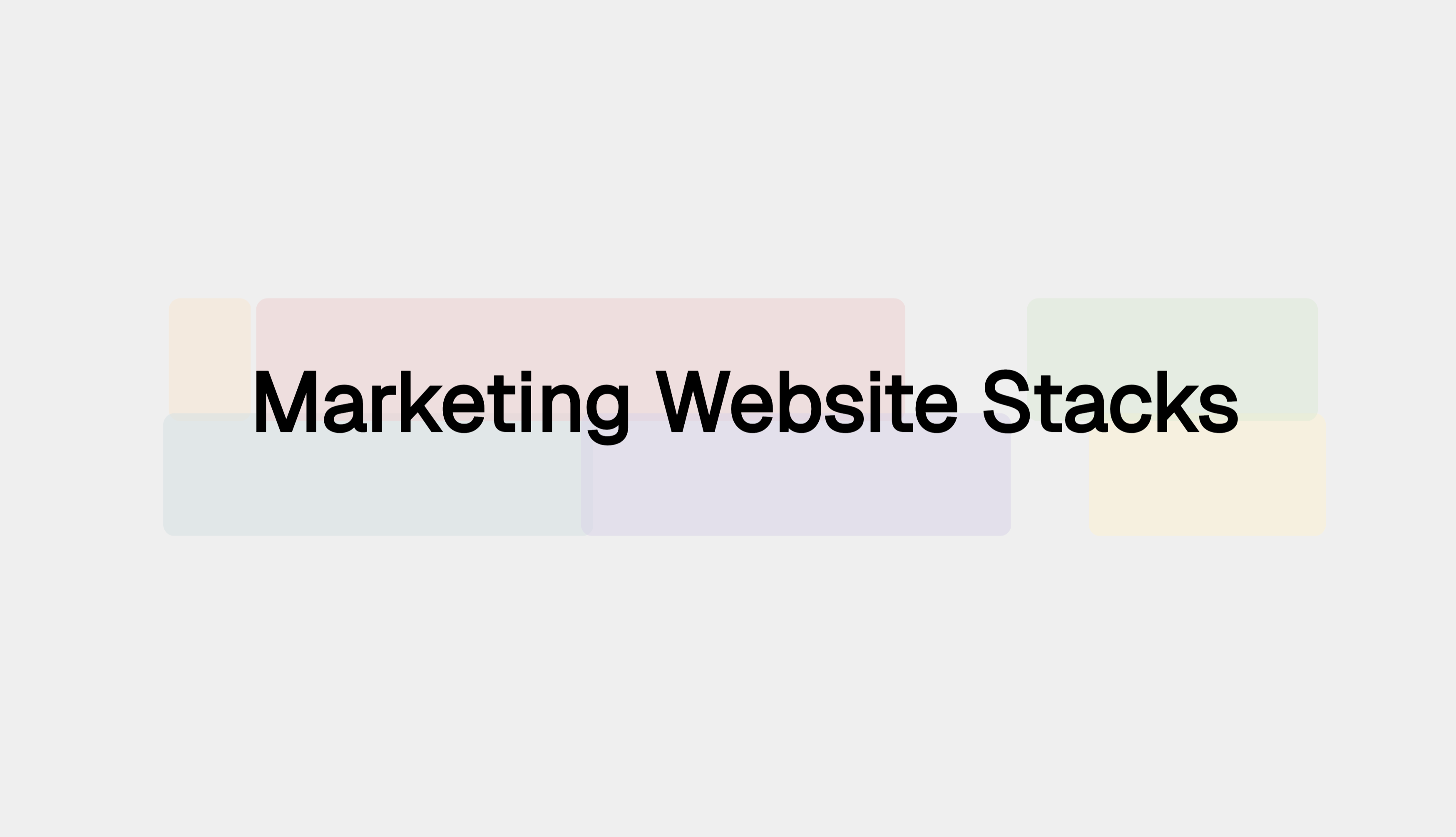
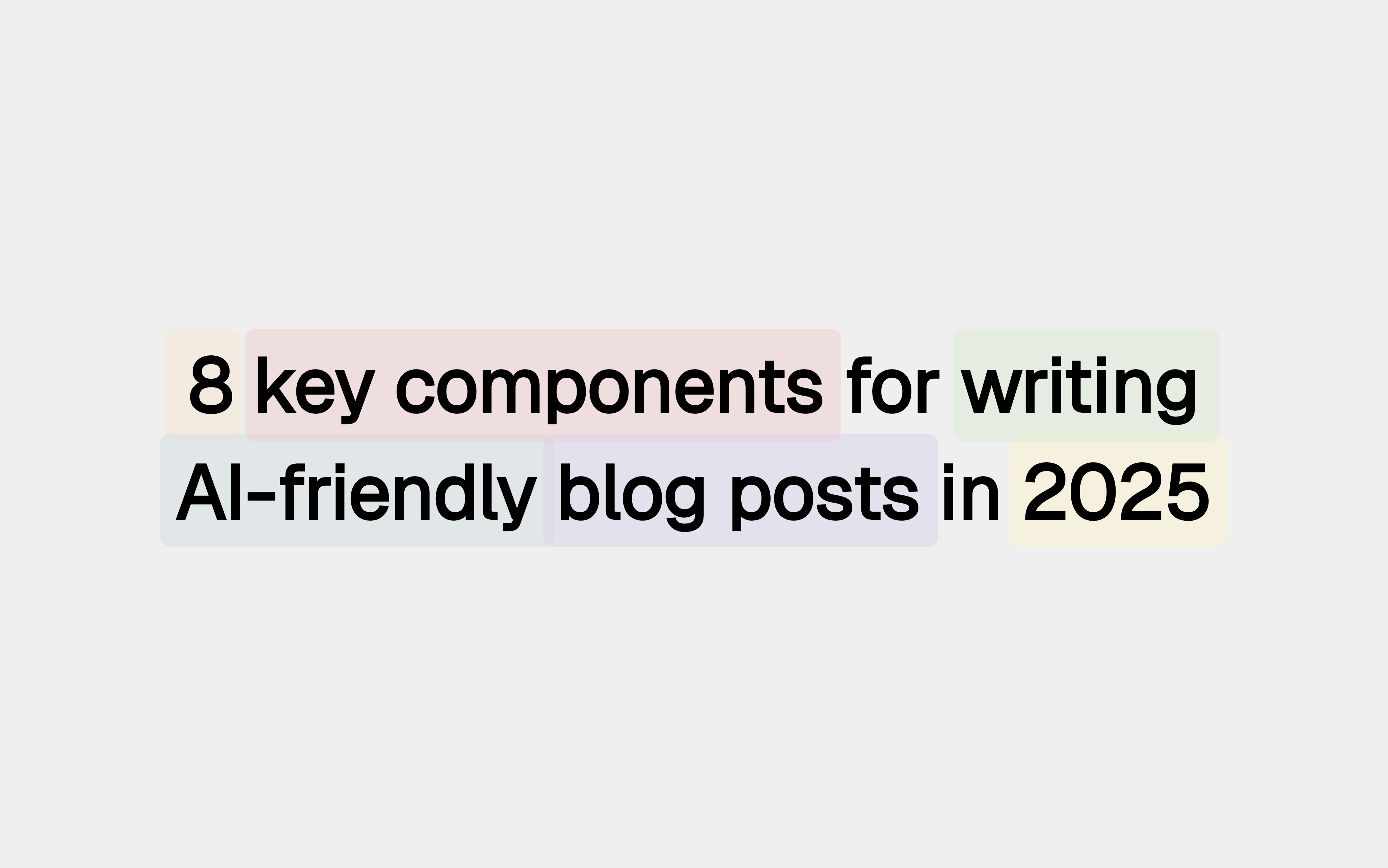




.svg)




.svg)


